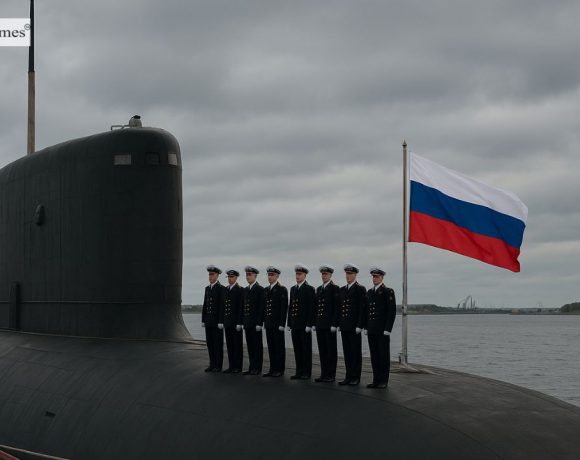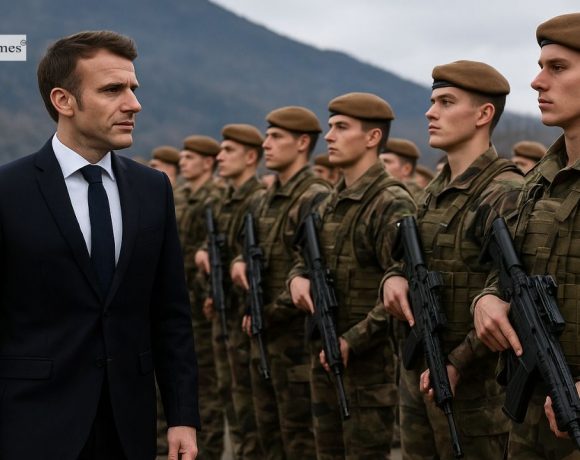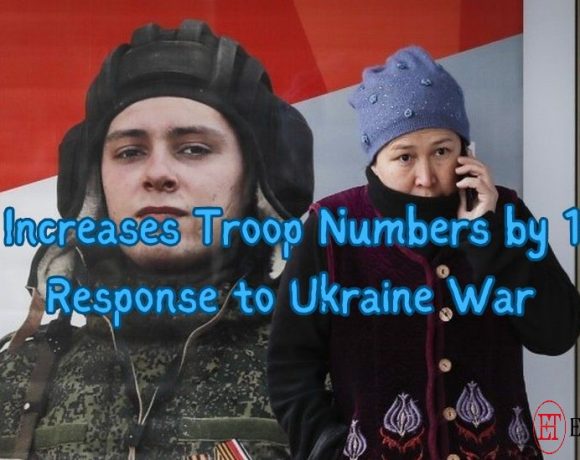
Russia said on Wednesday that it is still waiting for a formal response from the United States regarding President Vladimir Putin’s proposal to maintain the limits of the New START nuclear arms control treaty, which is set to expire on February 5. The treaty caps the number of strategic nuclear warheads and delivery systems, including land- and submarine-based missiles and bombers, for both countries. Putin had offered in September to voluntarily uphold the treaty limits for one year, a move that former U.S. President Trump described as “a good idea.”
Sergei Shoigu, head of Russia’s powerful Security Council, emphasized that fewer than 100 days remain before New START expires. He called Moscow’s proposal an opportunity to stop the “destructive movement” currently threatening nuclear arms control and urged Washington to respond soon. The treaty has historically aimed to enhance transparency and reduce the risk of miscalculation between the world’s largest nuclear powers.
With Russia and the U.S. together holding over 10,000 nuclear warheads, the vast majority of the global stockpile, arms control agreements have come under strain amid geopolitical tensions, NATO expansion, and Moscow’s war in Ukraine. Experts suggest maintaining New START could provide both nations more time to address China’s growing nuclear arsenal while preventing new Russian deployments, helping to preserve some measure of strategic stability.
Pic courtesy: google/ images are subject to copyright


